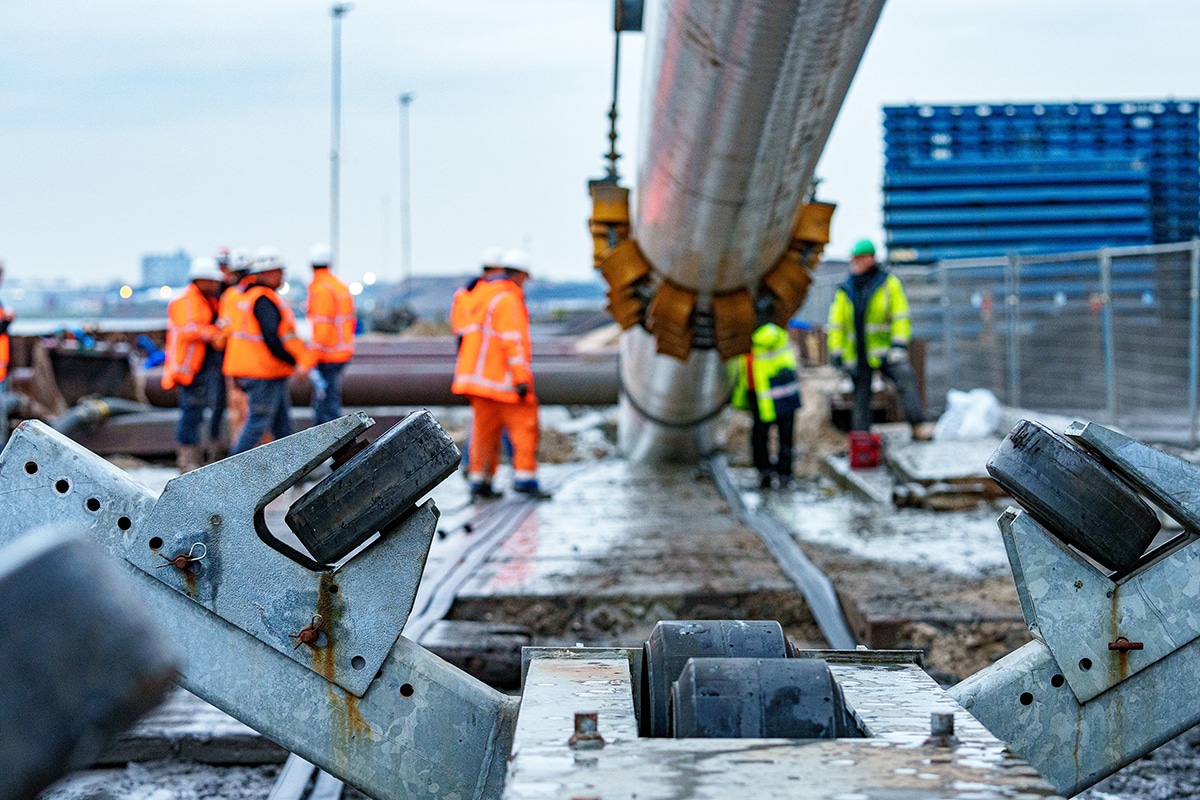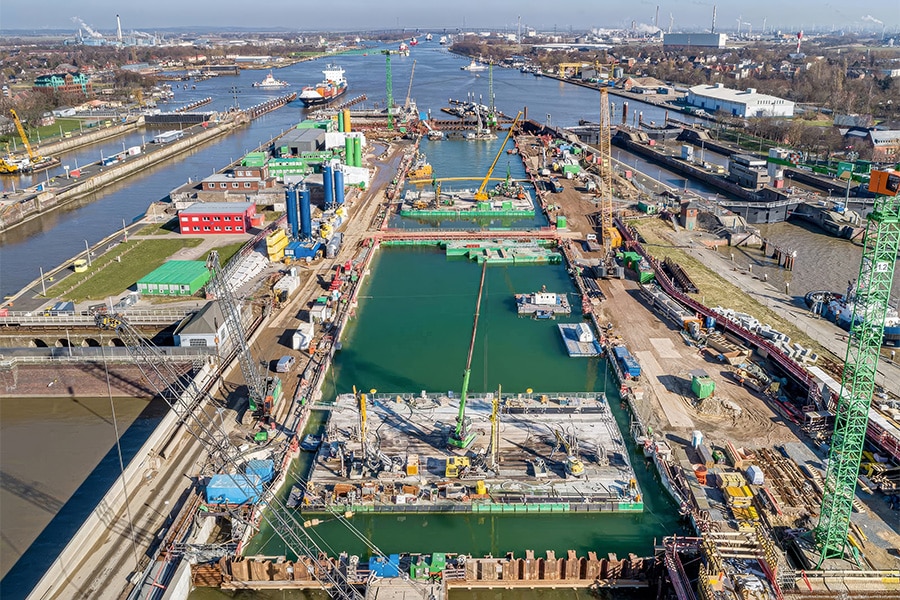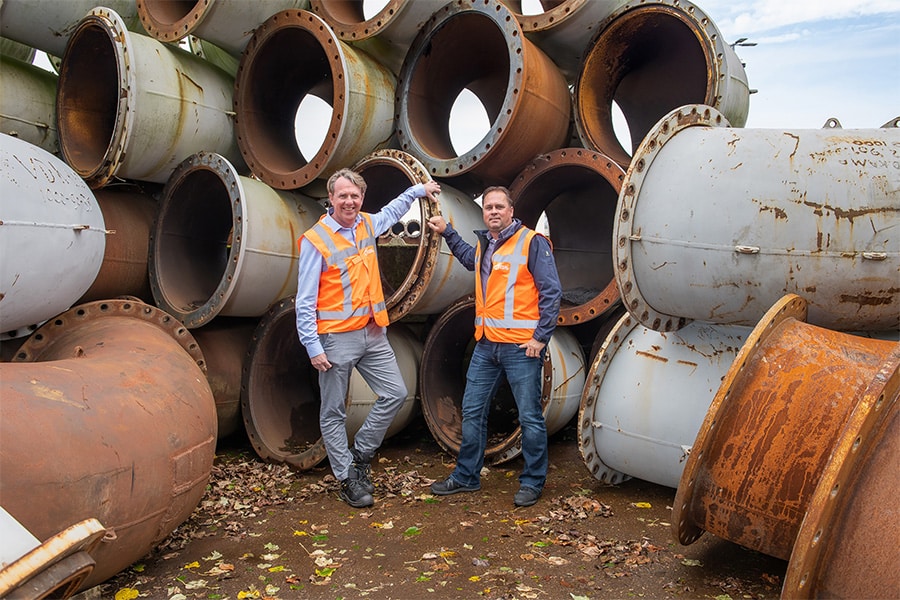
Waal dike rejected for flood safety
The Waal dike between Wolferen (Overbetuwe) and Sprok (Nijmegen) does not (anymore) meet the legal standards for high water safety. During the review in 2016, only part of the dike was rejected, but with the introduction of the new standards in 2017, the task became significantly larger. It is up to the Rivierenland Water Board to make the entire dike between Wolferen and Sprok water safe again before 2026.

The managers of the primary dikes in the Netherlands must report to the minister every twelve years on the general hydraulic condition of these primary flood defenses. "As a water board, we are responsible for the water safety of the dikes in our area that are tested once every twelve years," said Bram de Fockert, project manager at Waterschap Rivierenland. "The Waal dike between Wolferen and Sprok is one of them and was not found to be completely safe during the test in 2016. Not safe means as much as not safe in the longer term. So with such a test we are looking ahead. If we get high water now, that does not pose an acute problem."
Flood protection program
The review in 2016 was still based on the norming in place at the time. "This showed that 'only' about three kilometers of the thirteen-kilometer-long dike section would have to be reinforced," De Fockert explains. "During the planning process, we had to deal with tightened standards for primary flood defenses that went into effect on January 1, 2017. Naturally, as a water board, we anticipated this. Under these new standards, the entire section between Wolferen and Sprok was rejected for various failure mechanisms. That has quite an impact, incidentally also for all the other primary flood defenses in our working area." Dike reinforcement Wolferen - Sprok is part of the High Water Protection Program. In order to prevent flooding in the Netherlands, more than 1,500 kilometers of dikes and 500 locks and pumping stations will be reinforced throughout the Netherlands until 2050. A substantial task, also for Waterschap Rivierenland, which has to reinforce over 400 kilometers of dikes until 2050, including some 70 kilometers of northern Waal dike. "The stretch between Wolferen and Sprok we have to have in order by 2026," says Dr. K. K., a member of the board.
Sustainability
The dike section between Wolferen and Sprok will be addressed along its entire length for height and stability. In addition, measures will be taken against piping. De Fockert: "In early 2016, we as water board started the exploration phase to arrive at a preferred alternative. On this basis, we entered the plan execution phase, in which we deliberately already contracted a contractor in order to bring knowledge about the execution on board as early as possible. In doing so, the intention was expressed to go into execution with that construction consortium as well." The topic of sustainability was an important part of the plan development. "For example, extensive trials were conducted with plastic piping screens that we are now actually applying. Research was also conducted into an emission-free construction site. During the development of the plan, a fictitious study was made of what it would imply to carry out such a project completely emission-free. An extensive report was drawn up, which in turn was used by the Flood Protection Program to establish frameworks for subsidizing emission-free equipment, among other things. The great thing is that the construction consortium dares to invest in advance in, for example, the use of an electric excavator."
"A process like this with a combined design team has worked very well for us as a water board. We really acted as partners in all openness and transparency to arrive at a good plan and a realization contract in which the risks were well managed." Since the summer of 2021 when implementation began, De Fockert says there has been a client-contractor relationship again. "That could hardly be otherwise. As the client, we have a reviewing role. Nevertheless, we did agree with each other to perpetuate the cooperative and transparent attitude during the execution. This means that we keep each other well informed, identify possible bottlenecks at an early stage and deal with them so that escalation is prevented. And that is bearing fruit to date."




